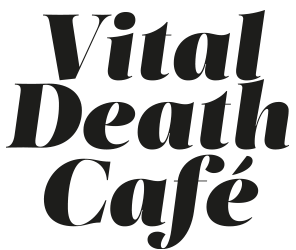Palmar Álvarez-Blanco
I balance my work as a researcher and university professor with volunteer work in end-of-life care. I am a certified Death Doula through the University of Vermont and INELDA, and an activist devoted to honoring the right to both a dignified life and a dignified death.
Volunteering in hospice care has been a constant source of learning. I carry deep gratitude for the people who have invited me into their final chapters. Their wisdom, their silence, their fears, their courage—these have become a legacy I try to pass on, whenever and however I can.
I have also learned that to accompany someone in their dying state is not to lead, nor to fix, but to bear witness—to hold space gently as they move through the threshold. In this space, I have come to understand: it is in the process of walking each other home that we find the true antidotes to despair, fear, and sorrow.
From the moment we draw our first breath, we begin—subtly, invisibly—to say goodbye to life as we know it. And when we recognize this, something shifts: a quiet awe, a sense of crossing into deeper knowing. To look into the face of mortality, to walk beside it, changes everything. It reshapes how we see time, meaning, connection—how we live.
Some treat life as an invitation to face this truth—to reflect, to accept, even to share their dance with death. Others turn away, keeping it at a distance, until it arrives unannounced, leaving them uncertain, unprepared, and adrift.
The Vital Death Café offers a space for the questions we so often fear—a space to pause, to listen, to wonder aloud what it truly means to stand at the edge of our own mortality. Whether you follow a faith, another spiritual path, or none at all, this is an open and welcoming space for everyone.




